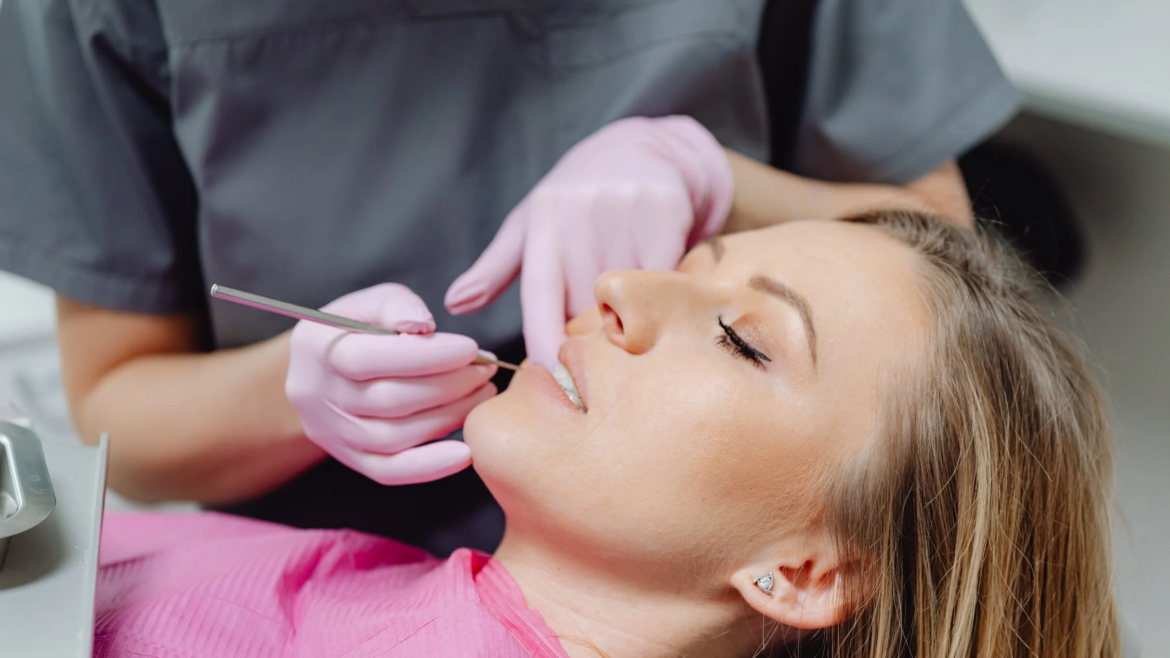Embarking on the journey to dental implant recovery requires not only patience and care but also a mindful approach to your diet.
The foods you choose to consume during the post-implant period can significantly impact the healing process. In this comprehensive guide, we’ll explore the types of food to embrace for optimal recovery and those to steer clear of to ensure the success and longevity of your dental implants.
Nutrient-Rich Choices for a Nourishing Recovery
1. Soft and Protein-Packed Smoothies:
Blending fruits, yogurt, and protein powder can create a delicious and nutrient-dense smoothie. This not only aids in healing but also keeps you energized without compromising your recovery.
2. Gentle Soups and Broths:
Clear, non-chunky soups and broths are excellent choices for the initial days post-surgery. They provide hydration and essential nutrients without causing stress to the surgical site.
3. Mashed Potatoes and Steamed Vegetables:
Soft and well-cooked mashed potatoes, along with lightly steamed vegetables, offer a balance of carbohydrates, vitamins, and minerals crucial for healing.
4. Yogurt and Puddings:
These dairy-based options not only offer a smooth and easily digestible texture but also contribute to your protein intake, aiding in tissue repair.
5. Soft Fruits and Avocado:
Applesauce, ripe bananas, and avocados are gentle on the healing site while providing natural sweetness and a range of essential nutrients.
6. Eggs in Various Forms:
Scrambled or boiled eggs are a great source of easily digestible protein, helping support the body’s recovery processes.
7. Well-Cooked Fish:
Flaky fish, such as salmon or tilapia, provides a healthy dose of omega-3 fatty acids and protein. Ensure it’s cooked to a soft consistency.
Gradually Reintroducing Solid Foods
As the initial healing progresses, you can start incorporating more solid foods into your diet. However, it’s crucial to choose items that are still gentle on the healing process. Consider the following options:
1. Soft Fruits and Berries:
As you transition to solid foods, incorporate soft fruits like berries, which are rich in antioxidants and fiber.
2. Cooked Vegetables:
Lightly steamed or cooked vegetables maintain their nutritional value while being easy on your healing gums.
3. Avocado and Soft Cheeses:
These provide healthy fats and protein, adding variety to your diet without compromising your recovery.
4. Pasta and Rice Dishes:
Opt for well-cooked pasta or rice dishes, providing a source of carbohydrates for energy.
5. Tender Meats:
As your tolerance for solid foods increases, consider incorporating tender meats like chicken or turkey into your meals.
Foods to Avoid: Steering Clear of Potential Irritants
While you focus on nourishing your body, it’s equally important to be aware of foods that could hinder the healing process or cause discomfort. During the initial stages of recovery, avoid:
1. Hard and Crunchy Foods:
Nuts, seeds, chips, and hard candies can pose a risk of damaging the surgical site or causing irritation.
2. Spicy and Acidic Foods:
Spices and acidic foods can be irritating to the sensitive tissues around the implant site. Opt for milder options to avoid discomfort.
3. Hot Beverages:
Steer clear of hot beverages, as they can increase blood flow to the surgical area and potentially cause discomfort.
4. Alcohol and Tobacco:
Both alcohol and tobacco can negatively impact the healing process. It’s essential to refrain from these substances to ensure optimal recovery.
Recommended post: Engaging in sports after a dental implant surgery

